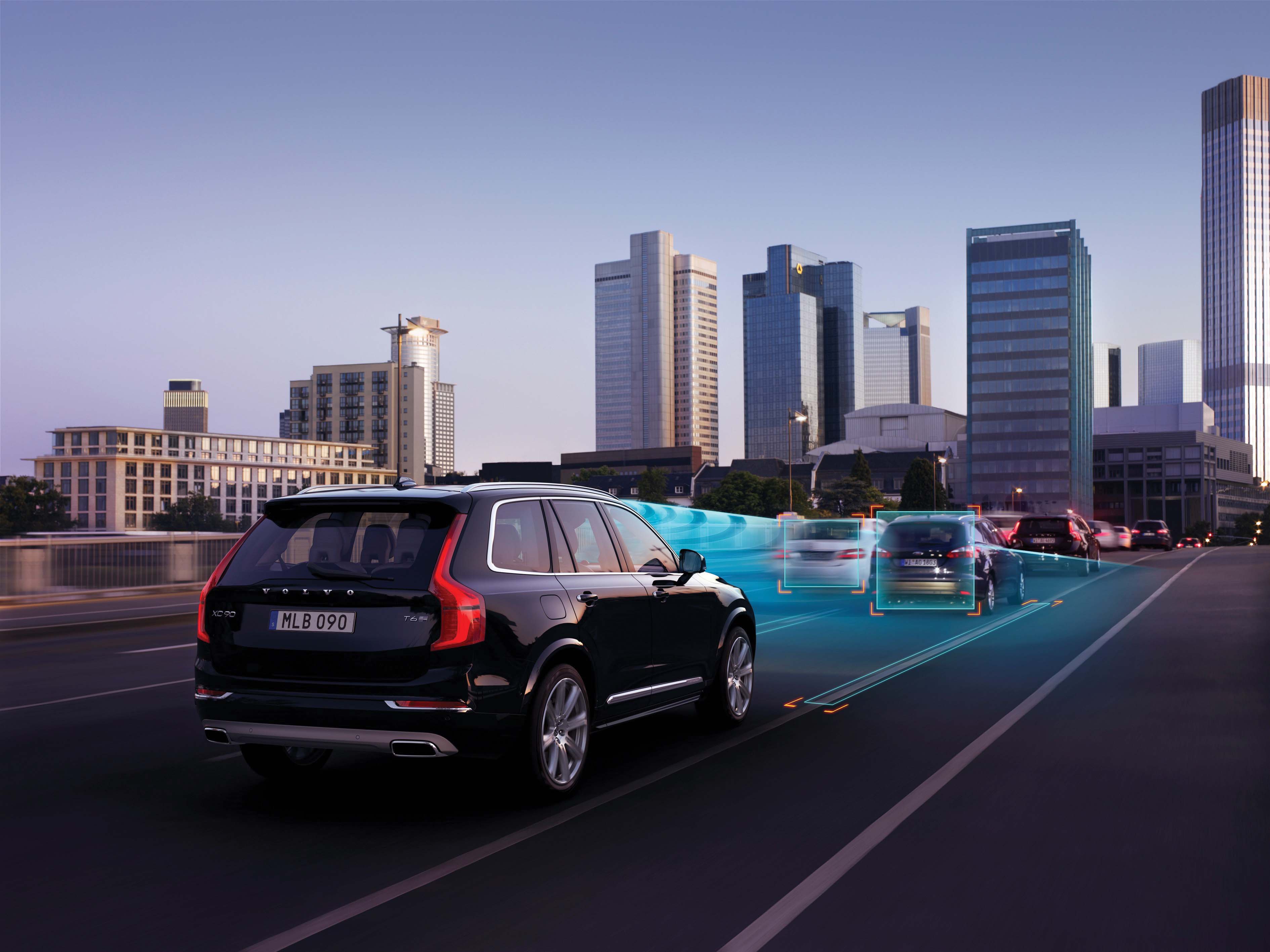TRW, a specialist in active and passive safety, says it has been awarded new business for its next-generation electric park brake (EPB) technology with two major North American based vehicle manufacturers. The system functions as a conventional hydraulic brake for standard service brake applications, and as an electric brake for parking and emergency braking. TRW launched the first integrated caliper EPB system in 2001 and is bringing the wide range of functional and ancillary benefits of EPB to the North A
TRW launched the first integrated caliper EPB system in 2001 and is bringing the wide range of functional and ancillary benefits of EPB to the North American market with the launch of EPB expected in the 2013 model year. The new systems will feature the company’s next-generation technology including its Gen 5 electronic control unit (ECU).
"TRW EPB technology goes well beyond the simple functionality of holding a vehicle in a stopped position – because it is based on electronics it can be integrated with other vehicle systems," said Seth Ravndal, chief engineer for EPB systems in North America. "For example, the EPB can work with a vehicle's electronic stability control (ESC) system in emergency stop situations to enable full four-wheel anti-lock functionality enhancing safety in an emergency braking situation.”
TRW says it EPB system, using electrical cables and a control switch instead of a typical foot pedal or hand lever, simplifies routing and allows for greater freedom of design for vehicle interiors. Its smaller package becomes even more attractive as vehicle manufacturers continue to requisition vehicle space for new features and options and it can significantly reduce weight when compared to conventional park brake systems. For example, in a larger SUV/pickup popular in the North American market, an EPB system can save as much as 16 pounds versus a drum-in-hat rear park brake system. Furthermore, for the OEM, the assembly of the EPB system into the vehicle is much simpler and the robustness of the system can result in fewer warranty complaints.
Other benefits include an auto-apply option – if the driver were to exit the vehicle and mistakenly leave the vehicle in gear – the EPB system can be activated automatically when the driver opens the door or releases their seatbelt. This is particularly beneficial for preventing unintentional roll-away either in a driveway or at a boat launch ramp. There is also a drive away assist function which holds the vehicle in a stopped position without the need to constantly depress the brake pedal, an excellent traffic jam feature.
TRW says it expects the penetration rate for vehicles sold in North America with EPB to approach 10 per cent by 2015.







